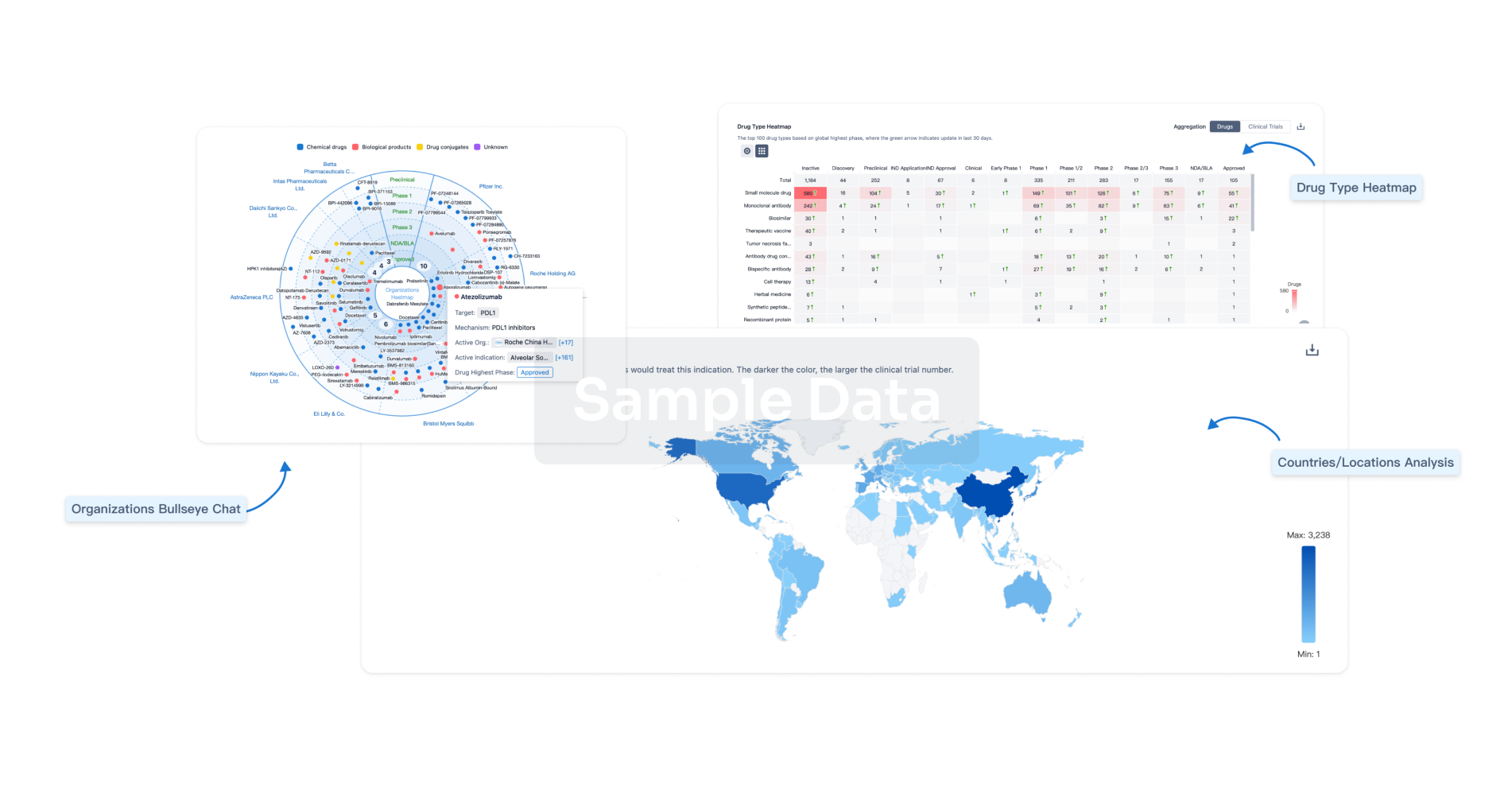Request Demo
Last update 08 May 2025
Urban Schosser Spohn Syndrome
Last update 08 May 2025
Basic Info
Synonyms HMD, Hereditary mucoepithelial dysplasia, Hereditary mucoepithelial dysplasia (disorder) + [5] |
Introduction A rare, genetic, immune deficiency with skin involvement characterized by clinical triad of non-scarring alopecia affecting mainly the scalp, well-demarcated mucosal erythema and psoriasiform erythematous intertriginous plaques. Follicular keratosis, keratoconjuctivitis, cataracts, angular cheilitis, fissured tongue, and recurrent infections are additional clinical features. Histopathology of mucosal lesions show characteristic findings of dyskeratotic keratinocytes, vacuolated basal cells, lack of epithelial maturation and decreased number of desmosomes. |
Analysis
Perform a panoramic analysis of this field.
login
or

Chat with Hiro
Get started for free today!
Accelerate Strategic R&D decision making with Synapse, PatSnap’s AI-powered Connected Innovation Intelligence Platform Built for Life Sciences Professionals.
Start your data trial now!
Synapse data is also accessible to external entities via APIs or data packages. Empower better decisions with the latest in pharmaceutical intelligence.
Bio
Bio Sequences Search & Analysis
Sign up for free
Chemical
Chemical Structures Search & Analysis
Sign up for free